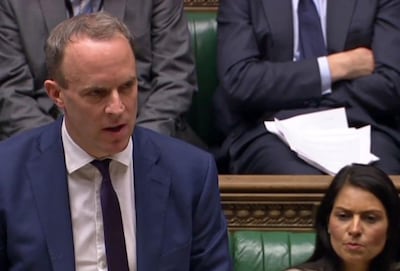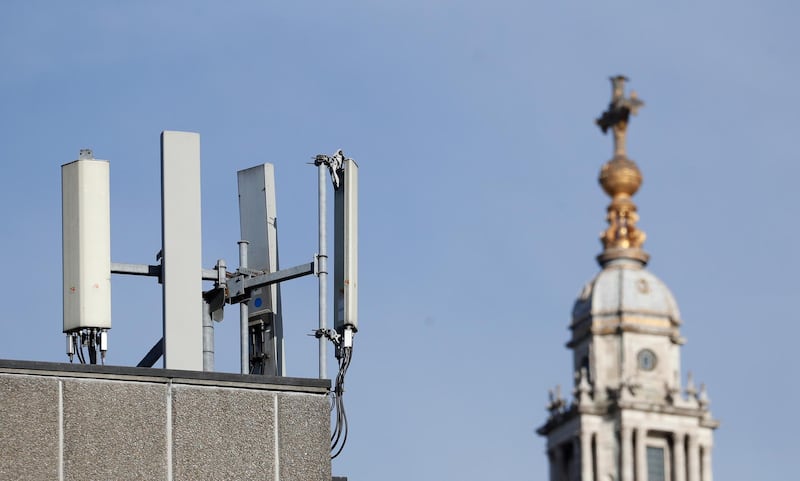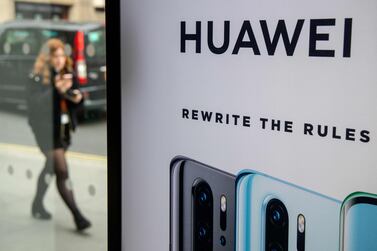Britain is to allow Huawei limited access to its future 5G network despite fears that the Chinese company could be a security threat.
The firm will be excluded from supplying "sensitive" parts of the network and there will be a 35 per cent limit on their involvement in non-sensitive areas.
The decision could lead to a diplomatic clash with US President Donald Trump's administration, which fears China could use Huawei to access Western communications. It warned London that giving Huawei a role would risk intelligence cooperation.
“The government has reviewed the supply chain for telecoms networks and concluded today it is necessary to have tight restrictions on the presence of high-risk vendors,” said Digital Secretary Nicky Morgan.
“This is a UK-specific solution for UK-specific reasons and the decision deals with the challenges we face right now,” she added.
The Confederation of British Industry described the move as "a sensible compromise".
Huawei said it was “reassured” by the decision, which was made following security council meeting chaired by Prime Minister Boris Johnson.
Mr Trump and Mr Johnson spoke on the phone on Tuesday. "The Prime Minister underlined the importance of like-minded countries working together to diversify the market and break the dominance of a small number of companies," a UK government statement said in reference to the telecom decision.

Officials in the US were quick to voice their opposition to the decision.
A senior Trump administration official expressed disappointment at the move, but said he hoped the US and UK could still find some way to exclude components from untrusted vendors in 5G systems in future.
Republican Senator Tom Cotton said that the decision was "deeply disappointing for American supporters of the Special Relationship".
"I fear London has freed itself from Brussels only to cede sovereignty to Beijing. Allowing Huawei to the build the UK's 5G networks today is like allowing the KGB to build its telephone network during the Cold War," he told the UK's Daily Telegraph newspaper.
"The CCP will now have a foothold to conduct pervasive espionage on British society and has increased economic and political leverage over the United Kingdom. The short-term savings aren’t worth the long-term costs. In light of this decision, the US Director of National Intelligence should conduct a thorough review of US-UK intelligence-sharing."
President Trump himself has yet to comment, and is preparing to announce his Middle East peace plan later on Tuesday.
But government ministers and security officials in the UK defended the decision.
Foreign Secretary Dominic Raab said the UK knew "more about Huawei, and the risks it poses, than any other nation in the world".
"We would never take decisions that threaten our national security or the security of our Five Eyes partners," he added.
Ciaran Martin, the head of the UK's National Cyber Security Centre, said: “High risk vendors have never been – and never will be – in our most sensitive networks.”
Huawei has been a key supplier to the UK and many other European phone networks for over a decade so this decision will be closely watched by others.
The EU is due to publish its own guidelines on Wednesday which give leeway to member states to restrict or ban Huawei without forcing them to do so. According to a draft of the document seen by Bloomberg, countries should consider banning suppliers based in countries with insufficient “democratic checks and balances” from core 5G components.
Canada has also indicated interest in a similarly split decision — allowing Huawei to provide some infrastructure while also pledging to contain any security risk.








